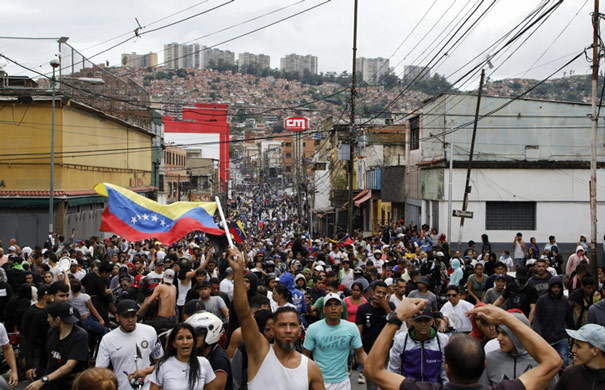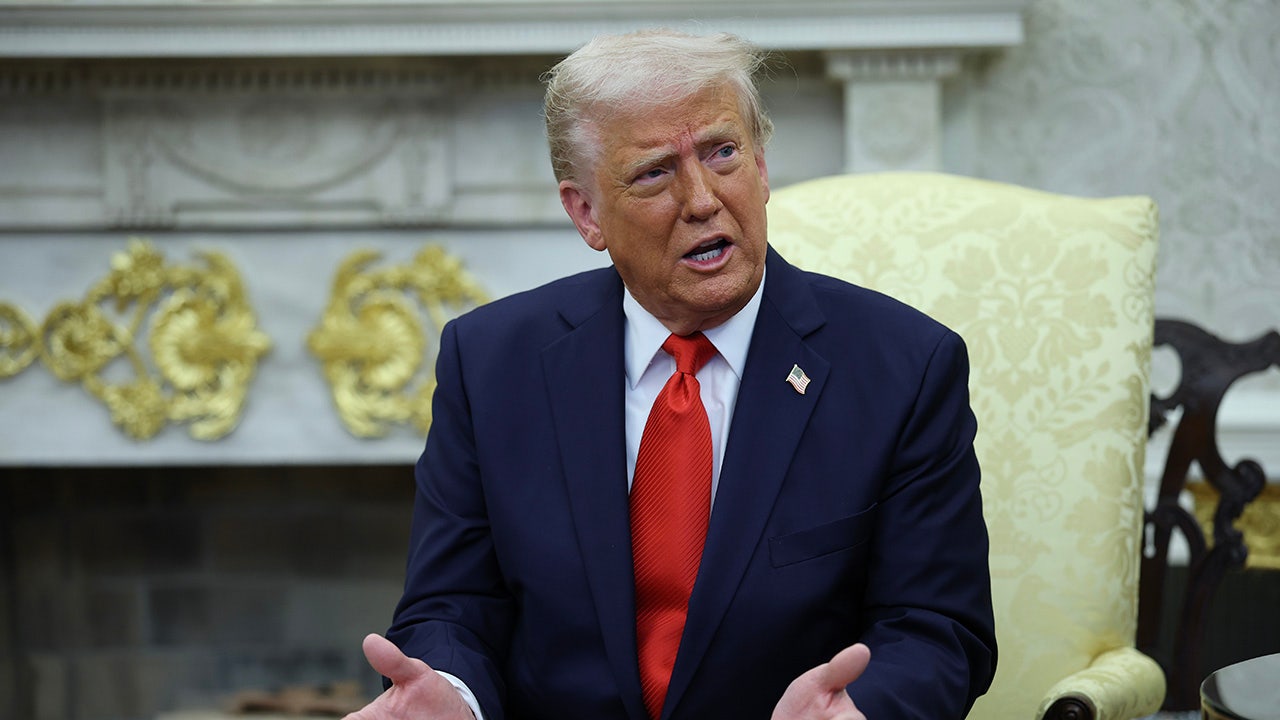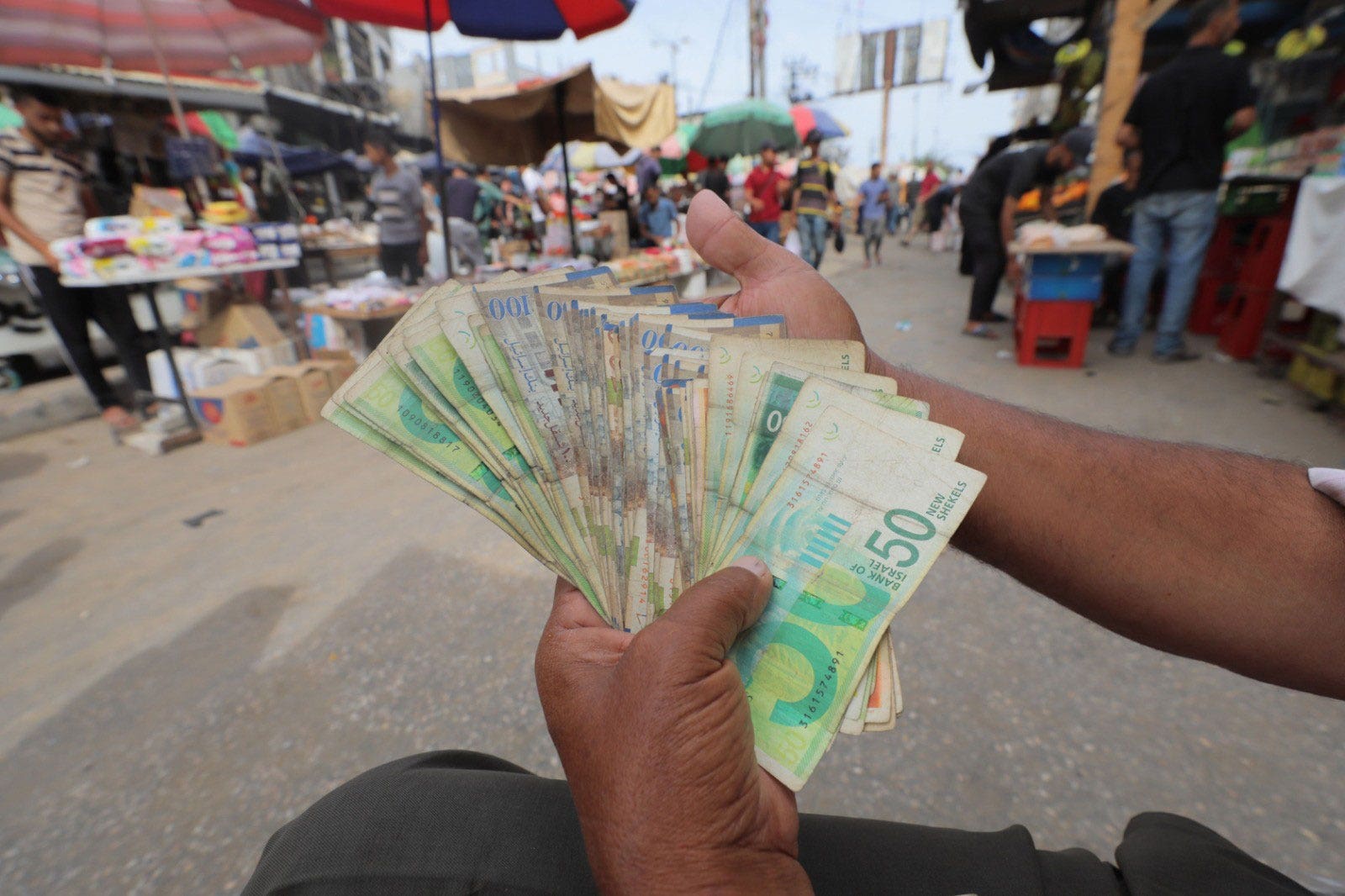Venezuela’s opposition has announced it possesses voting-tally evidence that proves it won the recent election, which the government claims was won by President Nicolas Maduro. This announcement has sparked widespread anti-government protests throughout the country. In Caracas, the capital, police used tear gas to disperse demonstrators.
Protests erupted after authorities declared Maduro the winner of the controversial election, with demonstrators gathering near the Miraflores presidential palace in Caracas. Many protesters participated in “cacerolazo” demonstrations, a traditional form of protest in Latin America where people make noise by banging pots and pans. Some even brought their pots and pans to subsequent marches.
Chanting “I don’t want gold, I don’t want CLAP (the government food aid program), I want Nicolas (Maduro) to leave,” protesters expressed their discontent. They were seen riding motorbikes, blocking streets, and wearing Venezuelan flags, with many covering their faces with scarves to protect against tear gas.
In Caracas, heavily armed police used tear gas to disperse the crowds and erected barriers with long shields and batons. In Coro, the capital of Falcon state, protesters celebrated by tearing down a statue of the late president Hugo Chavez, who was a mentor to Maduro. The Venezuelan Conflict Observatory reported 187 protests in 20 states by 6 p.m.
One unidentified protester told Reuters, “I’ll fight for my country’s democracy. They stole the election from us. We need to keep on fighting for the youth.”
In a live broadcast from the presidential palace, Maduro blamed the violence on what he described as the “extreme right.” He claimed his forces were responding to violent actions by protesters, emphasizing that the armed forces, which have long supported him, were not showing any signs of breaking away from the government. “We have been following all of the acts of violence promoted by the extreme right. I can tell the people of Venezuela that if they have done harm, we are acting,” he stated. He also accused opposition forces of using familiar tactics, saying, “We already know this movie, so once more, along with the civil, military, and police union, we are acting. We already know how they operate.”
The Venezuelan Conflict Observatory reported “numerous acts of repression and violence carried out by paramilitary collectives and security forces.” At least two people were killed in incidents related to the vote count or protests, one in the border state of Tachira and another in Maracay on Monday.
Defense Minister Vladimir Padrino warned against a repeat of the “terrible situations of 2014, 2017, and 2019,” referring to previous years when anti-government protests resulted in hundreds of deaths.
Electoral authorities announced on Monday that Maduro had won a third term as president with 51% of the vote, extending over 25 years of socialist rule. However, the opposition claims that the 73% of voting tallies available to them indicate their candidate, Edmundo Gonzalez, won decisively, receiving more than twice as many votes as Maduro. Independent pollsters have questioned the plausibility of Maduro’s victory, and governments in Washington and other countries have expressed doubts about the results, calling for a full vote count.
Uruguay’s Foreign Minister Omar Paganini stated in a CNN interview that his government would “never” recognize Maduro as the winner, insisting that the opposition had clearly won. In response, Peru’s government ordered Venezuelan diplomats to leave the country within 72 hours, citing “serious and arbitrary decisions made today by the Venezuelan regime.” Peru hosts one of the largest communities of Venezuelan migrants, who have fled their country in recent years.
The Organization of American States has scheduled a meeting in Washington on Wednesday to discuss the Venezuelan election.
Opposition leader Maria Corina Machado, who was barred from running in the election, urged her supporters in a post on X (formerly Twitter) late Monday to march on Tuesday. “My dear Venezuelans, tomorrow we meet; as a family, organized, demonstrating the determination we have to make every vote count and defend the truth,” she said.
Jorge Rodriguez, a ruling party lawmaker and Maduro’s campaign manager, called on government supporters to participate in marches to the presidential palace in support of the government. While Gonzalez has cautioned against violence, Rodriguez accused the opposition of inciting it.
Maduro, a 61-year-old former bus driver and foreign minister, assumed office after the death of president Hugo Chavez in 2013. His 2018 re-election was deemed fraudulent by the United States and other countries, which label him a dictator. During his tenure, Venezuela has experienced a severe economic collapse, prompting about a third of the population to flee the country. Diplomatic relations have also deteriorated significantly, compounded by sanctions from the United States, the European Union, and others, which have crippled Venezuela’s already struggling oil industry.





